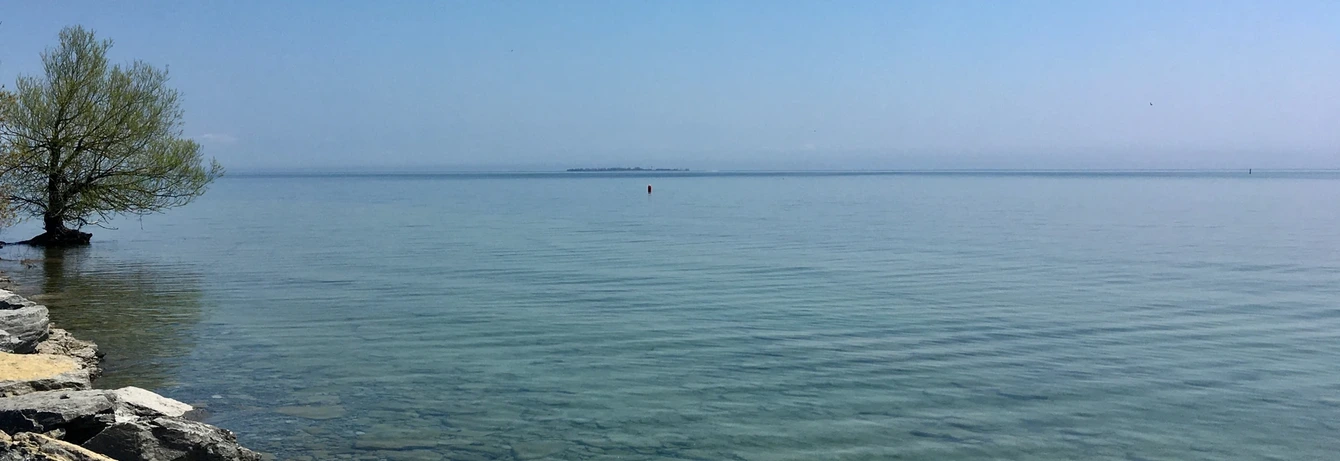Joel Katelnikoff’s prompt took me to the reading list my book group set for 2015-2016 over my own objections to a sole focus on fiction and non-fiction related to Canada’s aboriginal or indigenous peoples. I felt the weight of the choices but read the books, on occasion with gritted teeth. What follows, then, is my take from those sources on finding “love within what we hate,” which to be honest surprised me.
In this partially found poem, I’ve used the actual titles of books, exhibits and reports that I’ve experienced. They appear in italics, and I can supply footnotes, as necessary.
Manifesto
The World Until Yesterday before I learned to read
was a child’s playroom filled with toys and possibility
under skies, cloud-free.
The World Until Yesterday before I chose to read
about Riel and Dumont, A life of Revolution,
residential schools, Indigenous Healing,
was a simpler place, where conscience slept
in comfort, largely undisturbed
until the day a little Birdie sang Celia’s Song to me,
to expose the present day’s ugly past,
to show Truth and Reconciliation as necessities.
Walking with our sisters, I inched down
a corridor of moccasins, beaded or plain,
each one for a woman missing or murdered
because she was The Inconvenient Indian,
or from the Métis Nation: Hiding in Plain Sight.
So easy to overlook, to forget till now
failed governance, broken promises,
abuse, and deprivation, which make
The Comeback of indigenous peoples
a triumph of will, talent, patience
over settler greed and duplicity.
Never thought of myself as a colonizer before.
Never assumed my share of the shame for
the suicides, attempted or successful,
of Extraordinary Canadians,
though they might not self-identify as such.
Extraordinary because they were here first.
Time now
to embrace justice,
to listen,
finally to learn
we can’t be white tourists
in an indigenous land.
Now The Reason We Walk
toward An inconvenient truth
is that at long last we begin to see our future
as one to share.
